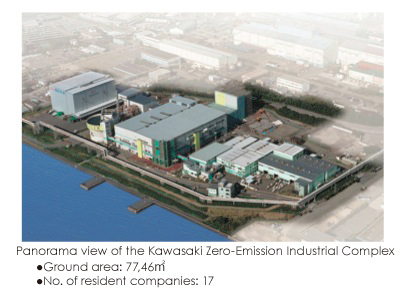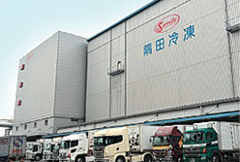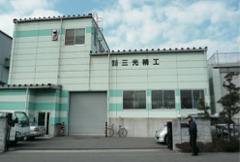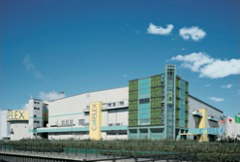Kawasaki Zero-Emission Industrial Complex
Kawasaki Zero-Emission Industrial Complex was developed as a state-of-art model facility of the Kawasaki Eco-Town Plan(full operation commenced in 2002).
In addition to controlling waste matter generated by the business a activities of individual companies as much as possible, efforts at the complex are directed at maximizing resource-recovery from waste matter and the regeneration of energy in order to minimize the burdren on the environment.
Main initiatives implemented by Kawasaki Zero-Emission Industrial Complex

- Acquisition of joint certification of ISO14001 for the entire industrial Complex
- Setting of higher reduction targets than emission standards of the generated environmental burden
- Joint reception by the neighboring businesses of the electricity from the surplus electricity
- Effective use of sewerage water after advanced treatment as an alternative for water for industrial use
- Utilization of sewerage sludge ash a raw material in cement in nearby factories
Main initiatives taken by individual businesses

International Economic Affairs Office,
Economic and Labor Affairs Bureau
Kawasaki City
Economic and Labor Affairs Bureau
Kawasaki City
1, Miyamoto-honcho, Kawasaki-ku, Kawasaki City, Japan, 210-8577
Tel:+81-44-200-2335
e-mail:28ecotech@city.kawasaki.jp




